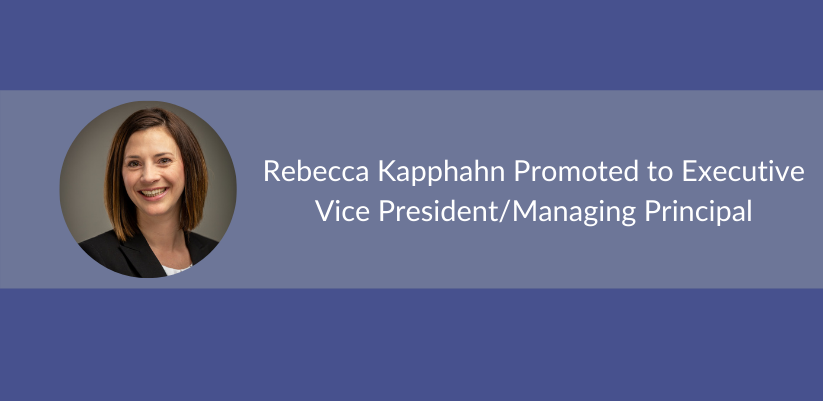.jpg)
You’ve met your match! Now it’s time for residency. Here are a few tips for approaching this phase thoughtfully, with your future and career in mind.
Category: Events, Tips, Trends
(42).jpg)
You’ve met your match! Now it’s time for residency. Here are a few tips for approaching this phase thoughtfully, with your future and career in mind.

Healthcare leaders can use social media to stay current, reach customers, build a network, establish a presence, expand their careers and more. Here’s how.

Want to make your healthcare organization more appealing to Millennial physicians? Try this.

They are the hospitals, health systems and group practices that have stable, enterprise-wide succession and leadership development plans to keep their best and brightest leaders in place and focused on future success.

Healthcare executive mentorship benefits the protégé, mentor, organization, and more.

Cejka Search is pleased to announce the promotion of Rebecca Kapphahn to Executive Vice President/Managing Principal, effective immediately.

Healthcare organizations can boost their appeal to executive-level candidates, thereby increasing the likelihood of securing an ideal match

Cejka Search Vice President Rebecca Kapphahn offers critical insight on avoiding unconscious bias traps, navigating social media during the screening and review process, and creating actionable and measurable standards that support diversity.

Health leaders can avoid costly hiring mistakes by pinpointing and accurately conveying expectations for new healthcare executive candidates.

Health executives hail from a variety of educational backgrounds. Some leaders have been formally trained in a healthcare leadership program, earning an MHA, MPH, MPA, MHSA, DPH degree, or the like.